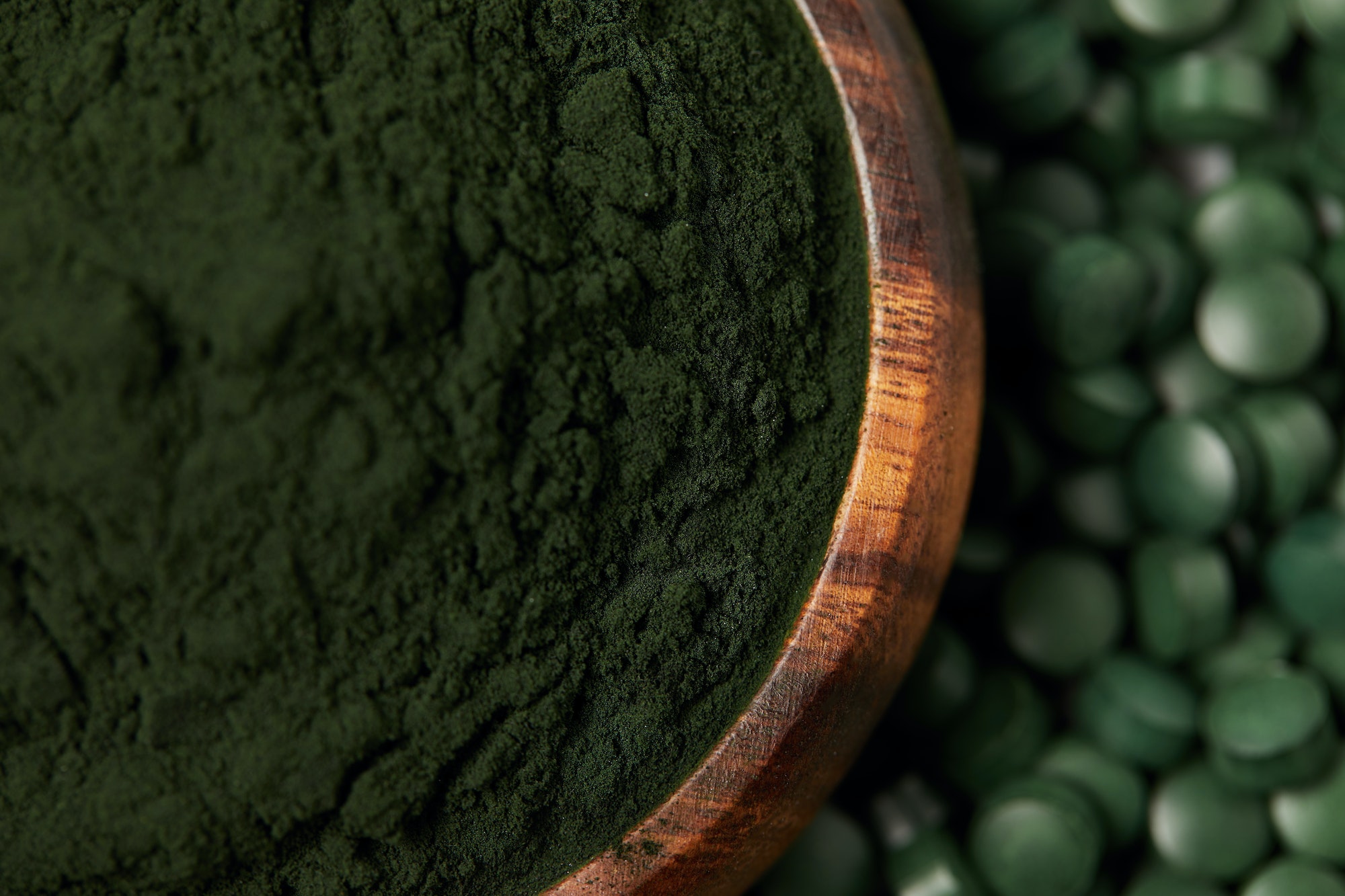Algae, the unsung heroes of the aquatic realm, have been used by various industries for centuries. From food to cosmetics and even biofuels, these photosynthetic organisms provide a wealth of resources that can be harnessed for various applications. With the growing interest in sustainable and environmentally friendly alternatives, algae-derived ingredients are being researched extensively to explore their potential in other industries as well.
One of the main advantages of using algae-derived ingredients is their sustainability. Algae grow rapidly and can be cultivated in various environments, from saltwater to freshwater and even wastewater. As they photosynthesize, they absorb carbon dioxide and release oxygen, which helps combat climate change. Additionally, algae do not require arable land or freshwater resources for cultivation, making them an ideal alternative to traditional crops.
The potential applications of algae-derived ingredients span across numerous industries. In the food industry, microalgae such as spirulina and chlorella are already widely used as nutritional supplements due to their high protein content and rich nutrient profile. Macroalgae like seaweed are also gaining popularity as a sustainable food source. Researchers are now looking into using algal biomass as a source of alternative protein, which could help address the increasing demand for sustainable and nutritious food sources.
Another promising area of research is the use of algae-derived ingredients in the pharmaceutical industry. Algae contain a diverse range of bioactive compounds with potential health benefits, such as omega-3 fatty acids, antioxidants, and anti-inflammatory agents. Some studies have also shown that certain types of algae possess anti-cancer properties. The development of algae-based pharmaceuticals could potentially lead to new treatments for various diseases and conditions.
In addition to their nutritional and medicinal properties, algae also hold great promise in the cosmetics industry. Algae-based cosmetics have gained popularity in recent years due to their natural origin and unique properties. Marine algae are known to contain a variety of bioactive compounds that can benefit the skin, such as antioxidants, vitamins, and minerals. These compounds can help protect the skin from damage caused by environmental factors like UV radiation and pollution.
Moreover, algae-derived ingredients have shown potential in anti-aging skincare products. Some types of algae contain compounds that stimulate collagen production, which can help improve skin elasticity and reduce the appearance of wrinkles. Other algae species have been found to possess moisturizing and soothing properties, making them suitable for use in skincare products targeted at sensitive or dry skin.
As the demand for natural and sustainable cosmetics continues to grow, more research is being conducted to explore the potential of algae-based ingredients in this industry. One area of interest is the development of eco-friendly packaging materials made from algal biomass. This could help reduce the environmental impact associated with conventional plastic packaging while also providing additional benefits, such as biodegradability and antimicrobial properties.
Another exciting avenue of research involves using algae as a source of natural colorants for cosmetics. Synthetic dyes are commonly used in cosmetic products, but they can cause allergic reactions and have been linked to environmental pollution. Algae offer a wide range of pigments that can be used as natural alternatives to synthetic dyes, which could help make cosmetics safer for both consumers and the environment.
In conclusion, algae-derived ingredients hold immense potential in various industries due to their sustainability, versatility, and unique properties. As research continues to uncover new applications for these remarkable organisms, it is likely that we will see an increasing number of algae-based products on the market – from food and pharmaceuticals to cosmetics and packaging materials. The future prospects for algae-derived ingredients are truly promising, and their widespread adoption could contribute significantly to a more sustainable world.

